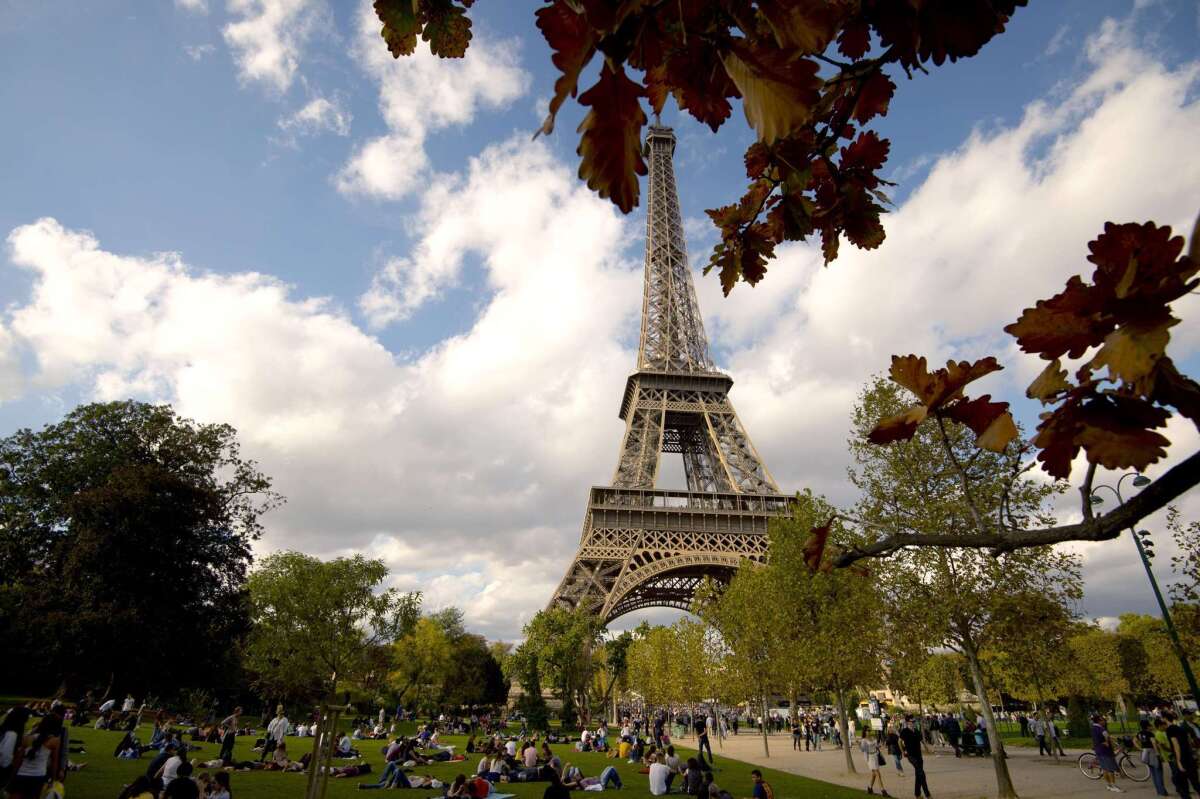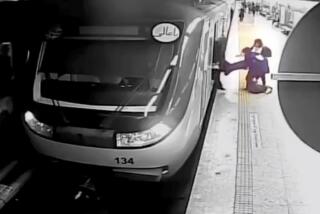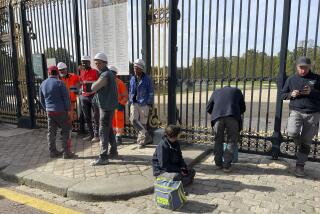Paris Opera asks woman in veil to leave, renewing national debate

France’s national debate about overt displays of religion in public -- specifically full veils worn by some Muslim women -- has resurfaced after an incident at the Paris Opera.
A female spectator was asked to remove her veil or leave an Oct. 3 performance of Verdi’s “La Traviata” at the company’s Opera Bastille venue, according to reports from Le Monde and Agence France-Presse.
The woman, reportedly a tourist from the Middle East, was seated just behind the conductor and was wearing a veil that covered her mouth and nose. Certain members of the opera chorus threatened to stop the performance if the woman didn’t leave.
The spectator and her male companion left the performance after speaking with a representative of the opera. The news was first reported by the French publication Metronews.
On Tuesday, Le Monde reported that it has obtained an internal memo from the opera saying that in the future, audience members whose faces are obscured by a veil, a hood or a mask must be refused entrance. The communication was signed by Jean-Philippe Thiellay, the opera company’s associate director.
The incident has resurrected France’s national debate over veils, with news outlets picking up the story. A 2010 French law forbids the public wearing of veils that hide the face, though headscarves are still permissible. Those who violate the law can face a fine of 150 euros, or about $190.
In France, the wearing of veils has long been controversial in a country with a large Muslim population. France has long prized secularism and has frowned on individuals wearing displays of religion in public.
Later this week, the French government is expected to issue a communique to cultural institutions reminding them that it is illegal for individuals to wear a full veil in public places.
Twitter: @DavidNgLAT
More to Read
The biggest entertainment stories
Get our big stories about Hollywood, film, television, music, arts, culture and more right in your inbox as soon as they publish.
You may occasionally receive promotional content from the Los Angeles Times.







